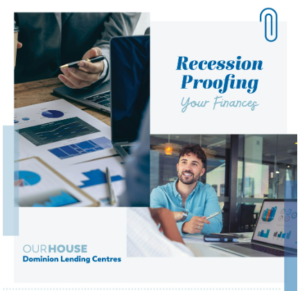
With news stories surrounding title fraud breaking weekly, more homeowners are asking what they can do to protect their homes before they become the next headline. Daniela DeTommaso, President of FCT, addressed the issue in a recent interview on CBC’s Metro Morning with Ismaila Alfa.
“We’re seeing a level of sophistication in these frauds we’ve never seen before,” Daniela explains. “[Fraudsters are] falsifying identification, but to the human eye, you would never know that they’re not the person they’re pretending to be.”
Title fraud impacts both homebuyers and homeowners. Someone whose title has been stolen, or who purchased a fraudulently listed property has few options for recourse. “We’re seeing innocent people on both sides [of transactions] just devastated by something they could never have even imagined could happen to them,” says Daniela.
Industry experts are urging homebuyers to purchase title insurance as part of closing. Tim Hudak, CEO of the Ontario Real Estate Association (OREA) recently described title insurance as “the best safeguard” for homebuyers.
title fraud protection for existing homeowners
Title insurance is still an option for homeowners after they take possession, even years later. But once an issue like fraud is discovered, it can be too late to provide coverage. According to Daniela, the best time to purchase a title insurance policy is now.
“There’s no reason you shouldn’t be getting title insurance, just like you wouldn’t buy a house without property and casualty insurance,” she explains. When a homeowner with a title insurance policy learns their title has been stolen, they benefit from more than just their coverage.
“The title insurance company also has a duty to defend,” says Daniela. “That means that the minute we find out [title fraud] has happened, we step in and we protect [the insured]. We pay all of the costs.”
Those costs include the legal fees to restore a homeowner’s title, which can be in the tens of thousands, as well as the costs of investigating the fraud and handling all the legal processes.
“It’s not only compensating for that significant loss,” Daniela continues. “It’s also just providing that peace of mind knowing that someone’s going to navigate this process for you, and any costs […] having to prove that you are who you say you are.”
If you aren’t insured yet, don’t wait for your home to make headlines. Call or text me to find out.
Written by DLC Marketing Team



